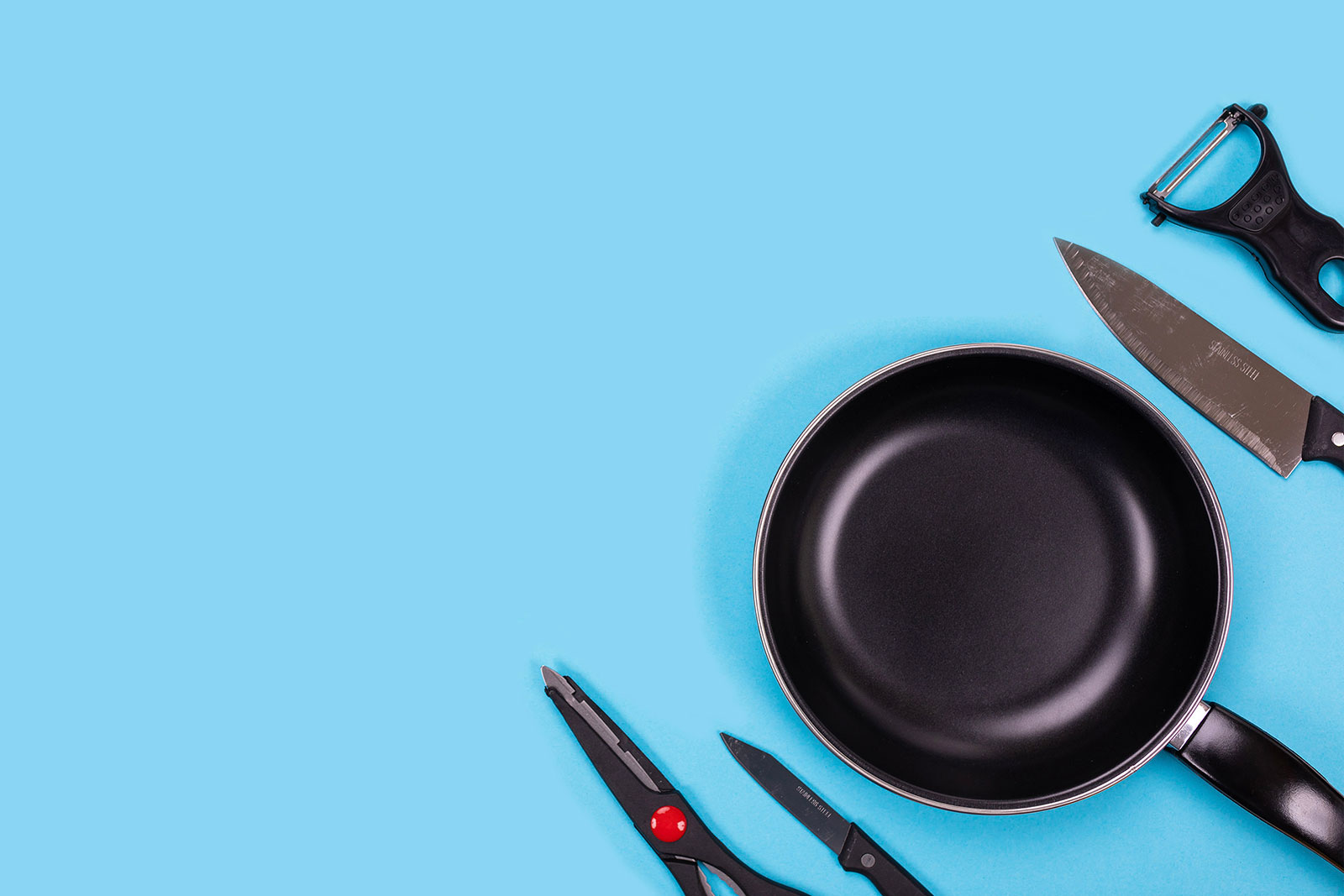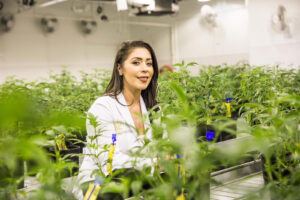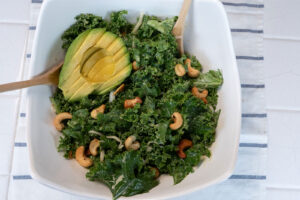When many of us see the word “detox,” we automatically think of foods to eliminate from our diet. But other parts of your life might need a detox, too. Here, we’ll discuss ways we can reduce our toxic load in the kitchen.
The rise of skin rashes like eczema and psoriasis may be due to food allergies, but the ingestion of metals such as nickel and aluminum from our pots and pans may be another cause, according to the Mayo Clinic and the Cleveland Clinic. Heavy metal toxicity is overlooked by the medical community as doctors aren’t always taught about environmental toxins in medical school, or about how these toxins can cause ill health. High levels of lead can cause developmental delays, fatigue, constipation, blood pressure issues, and joint, muscle, and head pain in adults.
According to the National Institutes of Health, aluminum is recognized as a neurotoxin leading to central nervous system issues. A 2013 study in Immunologic Research links aluminum to Alzheimer’s, ALS, and autism spectrum disorders. The chronic ingestion of metals from steel pots and pans used to cook food may put excess stress on one’s kidneys, liver, brain, and other vital organs, says a 2010 report in Environmental Health Perspectives. When these pots and pans are heated over 300 degrees, fumes from the metals release and leach into food. Additionally, nonstick cookware are covered by toxic coatings like perfluorooctanoic acid (PFOA).
What steps can one take to stay safe?
- Say “no” to Teflon, aluminum, and other nonstick cookware. Nonstick cookware is generally made using poly- and perfluoroalkyl substances (PFAS). These substances release perfluorooctanoic acid (PFOA), a carcinogenic chemical when heated. PFOA is linked to potential cancer-causing substances, says the Canadian Cancer Society, and can even be found in human breast milk, according to South Korea’s Seoul National University. Look for companies that use cast iron, ceramic (not “ceramic coating”) or lastly, stainless-steel cookware. (If you have a nickel allergy, stainless steel may not be a good option for you.)
- Don’t bake or roast in aluminum pans. Use tempered glass or ceramic dishes instead.
- Toss out anything cracked, scraped, chipped, or worn. Contact your local municipality about how to go about doing this without harming the environment.
- Use wooden or porcelain spoons. Wooden spoons wear down, but are inexpensive to replace.
- Use stoneware items to bake your pizzas, breads, and other baked goodies.







